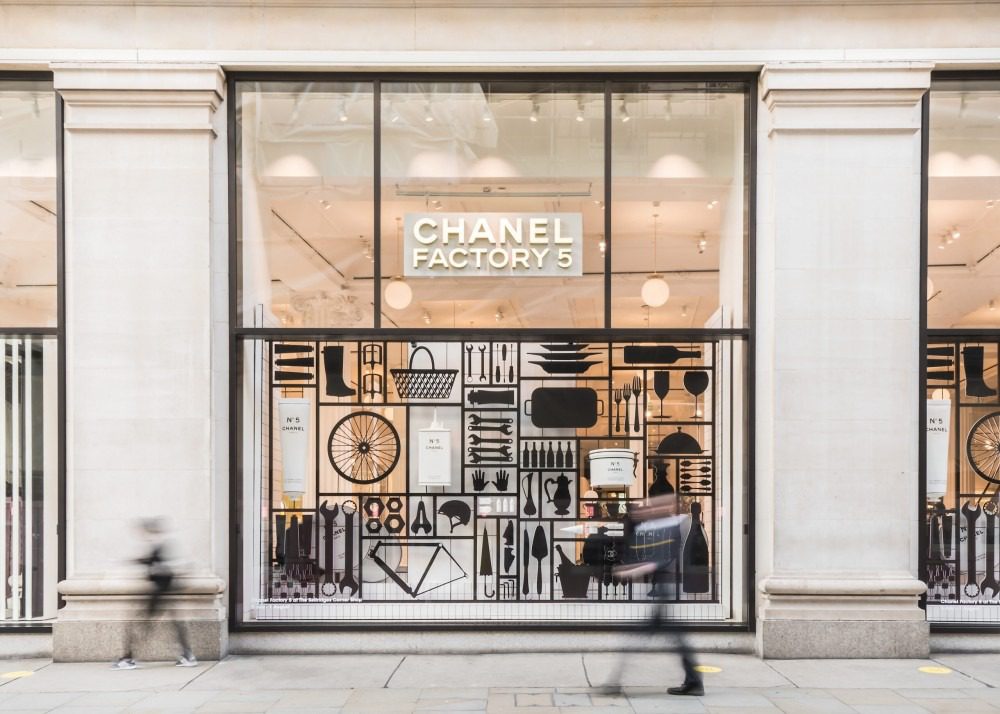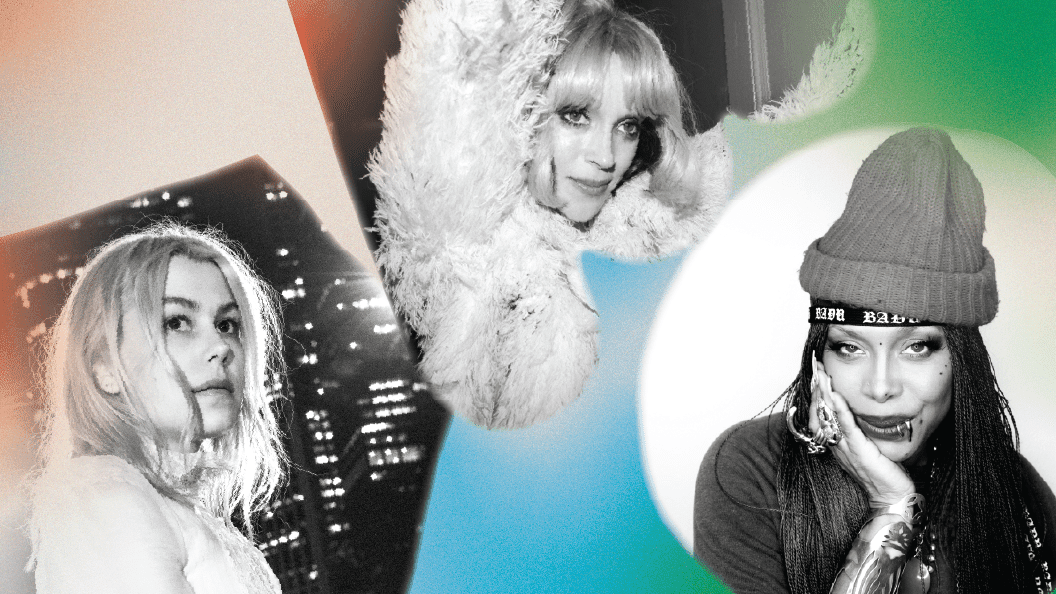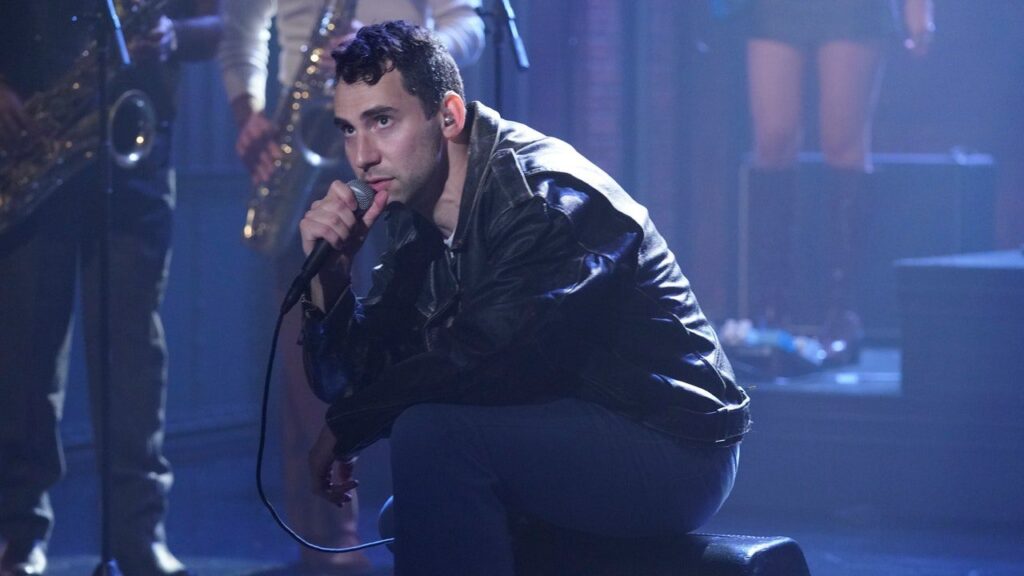
Exclusive Interview With High Fidelity, The Genius Behind The Aftermath
New York native High Fidelity is out with yet another remarkable album, sharing authenticity and intense emotions with the world. Home to twelve unique tracks, The Aftermath exposes new facets of the artist’s talent and his creative approach. Having started producing music back in 2014, High Fidelity has previously shared three more albums: Overdose (2016), Circus Clowns (2017), and The Jazz Album (2021). We had the opportunity to interview High Fidelity about his recent work and career path.
Congratulations on the release of your new LP The Aftermath! Tell us a bit about the inspiration behind the LP.
Initially, I was inclined to develop an entirely different motif to go along with and inspire the album. To be a tad personal for a moment – I used to have a bit of a drug problem (if you look and listen closely – you’ll find thematic elements that allude to just that fact) and to make a long story short, wanted to go with a different direction, purely for the sake of not being repetitive; however, as I wrote the songs and decided on the names therefore, I noticed a common theme – that these songs and titles represented “the aftermath” of that drug addiction. I mean this in the best ways I possibly can – I’m healthy, in a committed relationship with the woman I live with, have reconnected (to the degrees possible) with the outside world and am, among other things, focused heavily on music.
You’ve composed, recorded, and produced all the tracks on your own. Which one of the pieces on this album was the most challenging to compose and why?
The most challenging aspect was creating my style of dark, brooding music. I wanted to be as musically complex as I could be, without being off-putting to a wide audience. Further challenges included technical aspects of the mixing and mastering process, which was a matter of experimentation until I found a “vibe” that I felt was fitting to the theme of the album.
Walk us through your daily creation process. Where do you start and how does a composition come alive in your mind?
Well, my day starts as early as 4:30 AM, where I drag myself out of bed over to the stove to brew a cup of black coffee, smoke a cigarette and then, as cliché as it may sound, I get right to work. What that means is that I have over the course of almost 10 years developed songwriting strategies that, to say the least, aren’t traditional and might not apply to the typical, traditional keyboardist; I compose all my music from the first MIDI note to the full length composition using a variety of songwriting, music theory and algorithmic generators to produce most of my music – but I take things a step further with certain methods that I’ve cultivated over time. This leads to very organic, natural sounding results that I can apply to almost any genre or style of music.
Describe your music in short.
Melancholy and euphoria.
How did your musical career begin? When and how did you realize you had much to share with the world?
In 2014 I had a friend from mid-childhood who was much more musically talented and creative than I ever was, despite that we had bonded over our love for rock music in grade school, and he had discovered electronic music (which I at the time had about zero comprehension of), and I remember being entranced by certain sounds I would hear and asking him, “how did so and so do this or how did so and so do that?” And despite his worldliness, he didn’t know. So I began to read about electronic music. Not so much its history per say, but rather how to go about producing it. In retrospect I realize I had bitten off more than I could chew, because I had an idea to fuse elements of dubstep and mainstream EDM together without realizing the complexity that entails. I ended up focusing on house music because the elements were easier to comprehend. I suppose as a person with limited musical knowledge, this sort of cornered me, but did allow me to spread out as much as possible within that corner, and I, of course, eventually branched out and continue to do so.
Who are some of your influences and how do those artists inspire your creative process?
Historically, Coheed & Cambria are my all-time favorite band. They seem to get better with age and get much more musically advanced – and so that I admire, anyone able to maintain and grow an audience. They’re also the only band whose music has made me cry, so…
Other than that, I was deeply inspired by the work of Skream and I would probably say that his music was my greatest inspiration to really focus on electronic music. Other acts would include Disclosure, SBTRKT. I’m also inspired by Lil Wayne, Snoop Dogg, Tyler, The Creator, Kendrick Lamar, Kanye West – they each have an element or several elements that really appeal to me. To give an example or 2 – Lil Wayne has some of the most well-delivered verses I’ve ever heard. At times, rapping seems easy (and I am certainly not nor have I ever been a rapper) but it’s people like Lil Wayne who make it look easy because they’re so talented. In High School, Odd Future and Tyler, The Creator totally and completely dominated the music scene. I was never much of a concert goer but I went to one with the friend I mentioned previously and after the show, we waited outside the venue for a chance to see and perhaps speak to Tyler, and lo and behold, he did come out afterwards, and I do remember us catching eyes and doing kind of an arm bump greeting – I also remember his arm being in a cast at that time. Naturally, I would love to work with any of the people I just mentioned.


